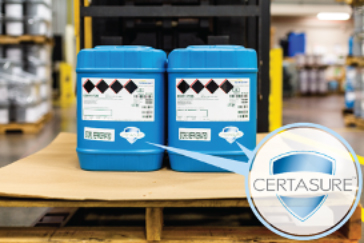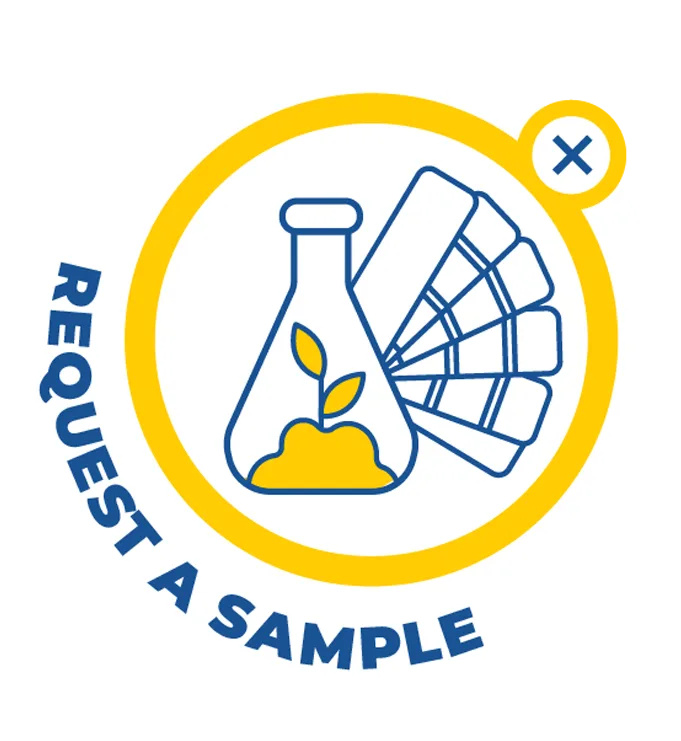The Certasure™ Adulteration
Screening Process
Sensient’s adulteration screening process ensures all of our incoming natural raw materials are free-from contaminates like synthetic dyes or other additives that adulterate the product.
There is a zero-tolerance
policy for adulterants.
Our oversight on adulteration of natural materials is extremely vigilant, as Sensient is on the FDA’s notification list to be amongst the first to hear if an adulterant is flagged by a raw material vendor globally.
In our first screening blog, we discussed our use of HorizonScan, which is an important tool for us to stay up to date on current risk matrixes and remain aware of potentially relevant global environmental events that could impact food safety.
Two Ways Adulteration Occurs in Supply Chains
INTENTIONALLY
Adulteration may occur maliciously or for economic gain, whether to dilute a raw material so it can be “stretched” further or to increase its weight or volume to inflate pricing.
UNINTENTIONALLY
It would be much more likely for adulteration to occur by accident. Natural raw materials absorb things indiscriminately from the air, water, and soil around them. If the groundwater or soil in a field has been contaminated, that will get into the crop. This issue can be further exacerbated by the concentration process that many crops go through in order to extract the natural color.

In teaching farmers about potential situations resulting in accidental adulteration, we highlight the three scenarios:
Using the same equipment for harvesting multiple crops:
If the same equipment is used to harvest first beets and then black carrots, without proper attention and cleaning, color from the first crop could contaminate the second.
Spraying pesticides in a nearby field:
The wind may carry pesticides through the air across multiple fields, contaminating a color crop unintentionally.
Storing or transporting crops in facilities where they may mix:
If two grain-based crops are stored in close proximity, for example in an open warehouse, air currents might stir up lightweight particles from one and contaminate the other.
Action Plan for the Presence of Adulteration
As with all failures of any stage of the Certasure screening process, Sensient rejects and returns the raw material to its respective vendor. We rarely fail a raw material due to adulteration, and we have never seen a vendor knowingly adulterate one of our incoming raw materials. We do see cross-contamination of pesticides and other environmental factors.
incoming raw materials. We do see cross-contamination of pesticides and other environmental factors.
However, we remain alert and cautious. Even vendors with a spotless record are screened with rigor to ensure that we never miss an instance of adulteration or contamination.


















